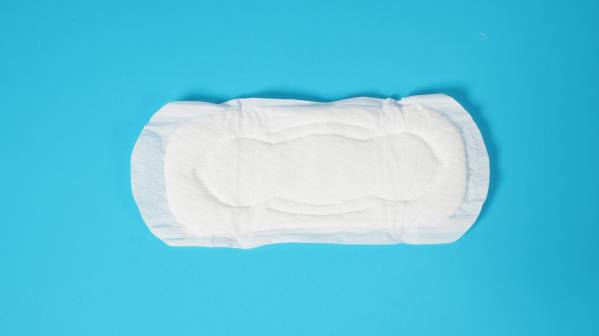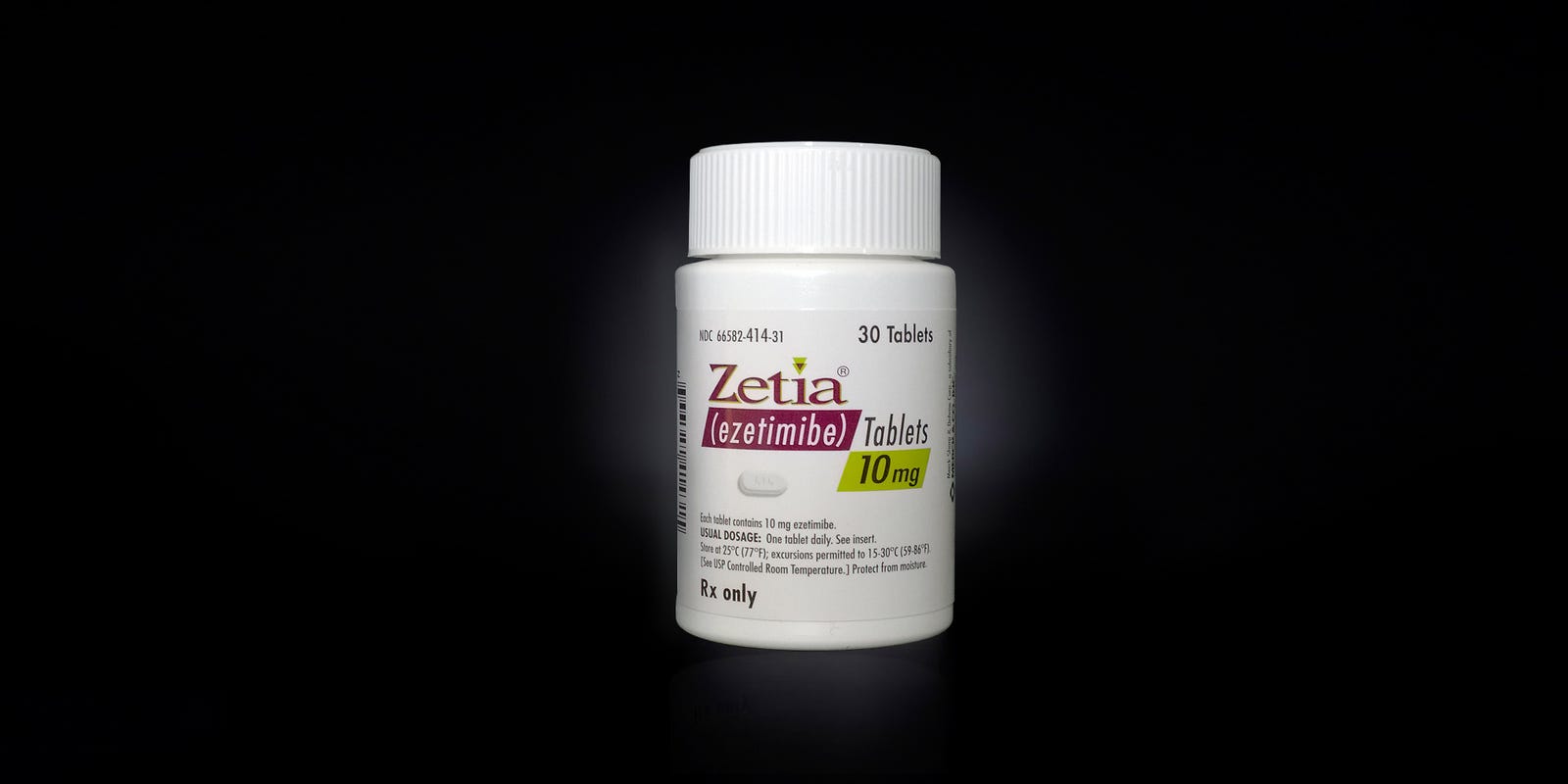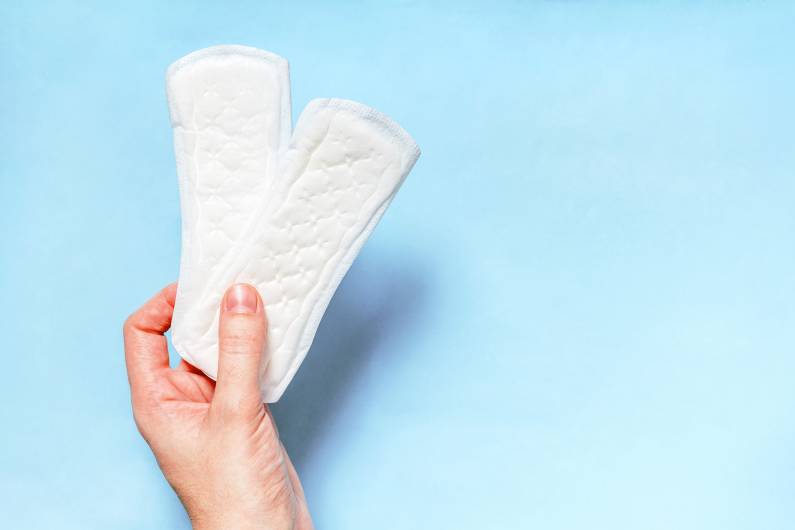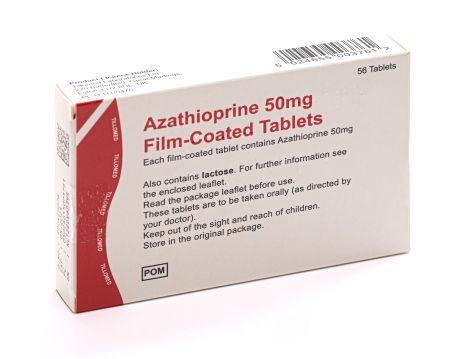Connect with a verified veterinarian in minutes. Licensed vets are available 24/7 to answer your questions. No need to worry about your furry family member.
Dogs sometimes love to eat things they shouldn’t. Almost anything can look tasty to a dog when he’s digging in the trash! That can even include a maxi pad! But what happens if your dog eats a maxi pad?
Has your dog eaten a maxi pad? Are you worried the maxi pad will make your dog sick? If so, you’ve come to the right place. We understand it can be scary when your dog eats something like this.
We’ve gathered information about maxi pads and whether they can make a dog sick. Let’s get started!
What are Maxi Pads?
A maxi pad is a type of menstrual pad (also called a sanitary pad) that’s made of absorbent materials. It’s made to be used during a menstrual period. Maxi pads are a larger version of a regular pad and are meant to be more absorbent, with additional material to soak up blood and other fluids.
Maxi pads are made from a wide range of materials, which vary depending on the manufacturer. However, most maxi pads are made from synthetic materials such as rayon, polyester, plastic, and more.
You may be wondering why a dog would eat a maxi pad. It’s usually because he’s attracted to the smell of blood and other fluids contained in the pad. Yuck! But this is what dogs are naturally attracted to.
While maxi pads are safe for humans (when used as directed), what about dogs? Can a maxi pad make a dog sick?
Maxi Pads & Dogs
Unfortunately, a maxi pad could make a dog sick. One of the main problems is that maxi pads are large and contain more absorbent material than regular pads.
Depending on the size of the dog, a maxi pad could cause an intestinal obstruction. This is a serious condition that can lead to death if not treated. Other serious conditions could also arise, including infection, intestinal necrosis (death of tissues in the intestines), and more.

Review symptoms, medications & behavior to keep your pets healthy with a Vet Online in just minutes.
Ask a Vet Live NowSymptoms of Maxi Pad Ingestion in Dogs
You may notice these symptoms if your dog has eaten a maxi pad:
- Vomiting
- Diarrhea
- Constipation
- Weakness
- Nausea
- Diarrhea
- Abdominal pain & swelling
- Dehydration
- Restlessness
- lethargy
If you notice any of these symptoms in your dog, call the vet immediately. This is an emergency.
Treatment of Maxi Pad Ingestion in Dogs
Treatment will depend on the vet’s diagnosis. For instance, if your dog has an intestinal blockage, surgery may be necessary to remove the maxi pad and repair any damage to the dog’s digestive tract.
It’s also possible that your dog may require an IV for fluids and to administer medications. The vet will also treat other symptoms as they arise.
Your fur baby may also need to be hospitalized for one or more days, depending on his condition and the severity of his symptoms.
The prognosis is best for dogs who receive prompt medical treatment after eating a maxi pad.
And in the future, it may be necessary to get a dog-proof wastebasket. That way, your canine companion will no longer be able to gain access to maxi pads or other things he shouldn’t eat!
Connect with a verified veterinarian in minutes. Licensed vets are available 24/7 to answer your questions. No need to worry about your furry family member.

Julie
Julie is a graduate of the University of North Carolina, Wilmington, where she studied Animal science. Though contrary to the opinion of her parents she was meant to study pharmacy, but she was in love with animals especially cats. Julie currently works in an animal research institute (NGO) in California and loves spending quality time with her little cat. She has the passion for making research about animals, how they survive, their way of life among others and publishes it. Julie is also happily married with two kids.
Review symptoms, medications & behavior to keep your pets healthy with a Vet Online in just minutes.
Ask a Vet Live Now





